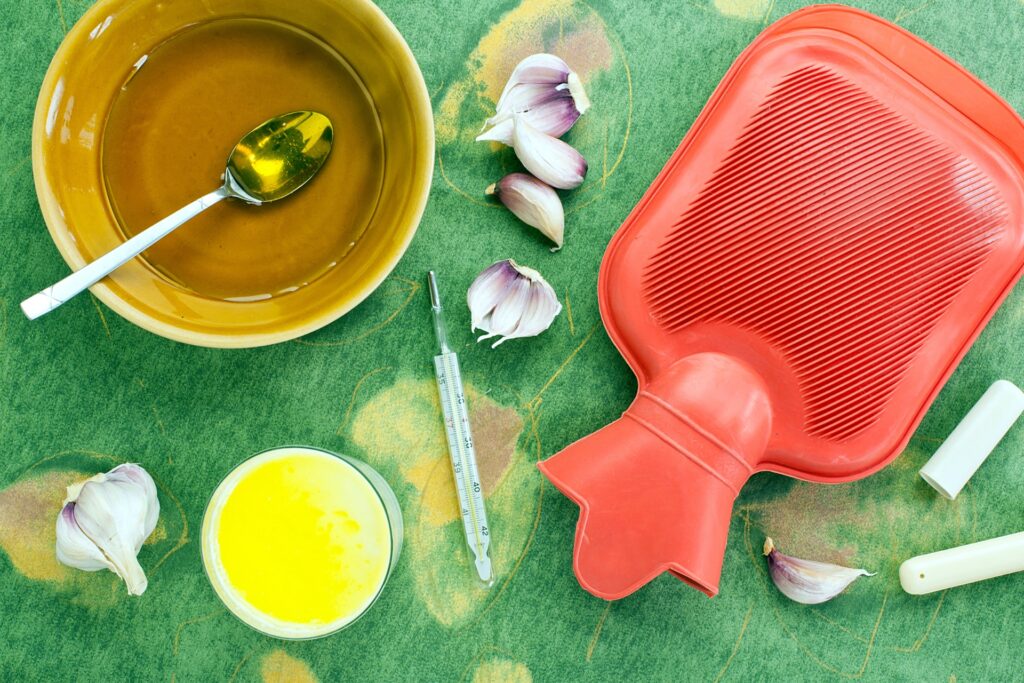Bergamot is a citrus fruit with many benefits, one of which is reducing the amount of LDL cholesterol (the “bad” cholesterol) in the blood and increasing the amount of HDL cholesterol (the “good” cholesterol).
Cholesterol is a waxy substance found in the bloodstream that can build up on the walls of arteries, causing them to narrow and harden, and can lead to heart disease, stroke, and other health problems.
What is Bergamot?
Bergamots (Citrus bergamia) are yellow citrus fruits of comparable size to oranges. The plant grows mainly in Calabria, in southern Italy. A common ingredient in Italian folk medicine is bergamot juice and skin.
This lemon-looking citrus fruit is cross-bred between a lemon tree and an orange tree, thus giving the fruit its distinct shape and yellowish-green color. The fruit includes phytochemicals, flavonoids, and other substances that could have various positive, beneficial effects, including lowering cholesterol.
Because of its high polyphenolic flavonoid concentration, bergamot helps maintain healthy cholesterol levels and optimize cardiovascular wellness. According to research, It can promote healthy cholesterol levels, high-density lipoproteins (HDL), and triglycerides while lowering low-density lipoproteins (LDL).
Bergamot is available in supplement form or as an essential oil, juice, or extract. Earl Grey tea also contains bergamot.
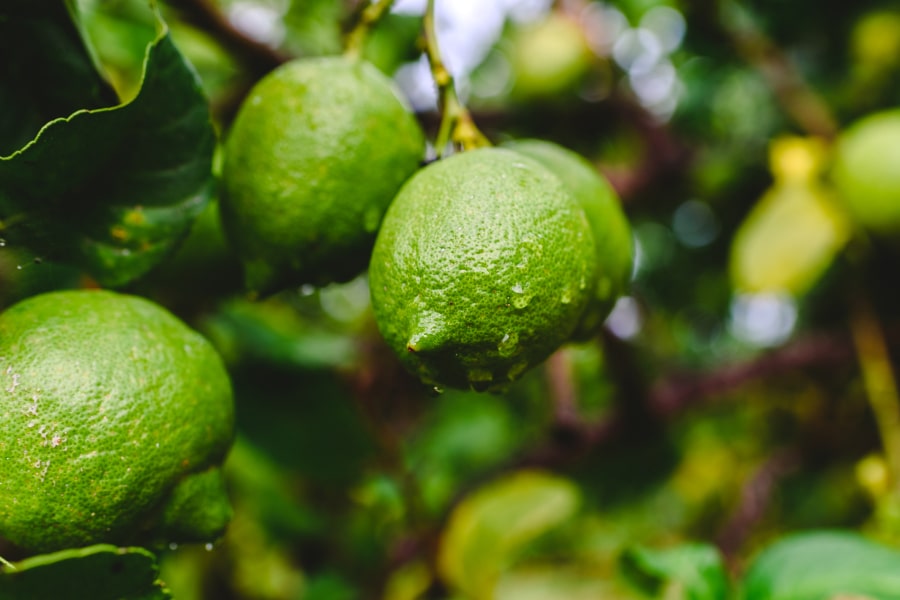
What are the benefits of bergamot oil?
Cholesterol Reduction
A daily supplement of bergamot-derived polyphenol fraction (BPF) reduced total cholesterol, low-density lipoprotein (LDL) cholesterol, and bad cholesterol triglyceride levels. It increases high-density lipoprotein (HDL), or “good” cholesterol.
You may want to try these bergamot supplements:
Bergamot BPF
– Bergamot BPF (Bioactive Polyphenolic Fractions) contains a powerful and unique array of cholesterol-balancing and cardio-protective polyphenolic flavonoids. Emerging clinical research has demonstrated that BPF helps maintain healthy total cholesterol (TC), high-density lipoprotein (HDL), low-density lipoprotein (LDL), and very-low-density lipoprotein (VLDL), and triglyceride (TRI) levels.
CholestePure Plus II
– provides a unique blend of phytosterols, berberine, and clinically studied bergamot extract to promote healthy lipid metabolism and overall cardiometabolic health.
*Please check with your healthcare provider before taking these.
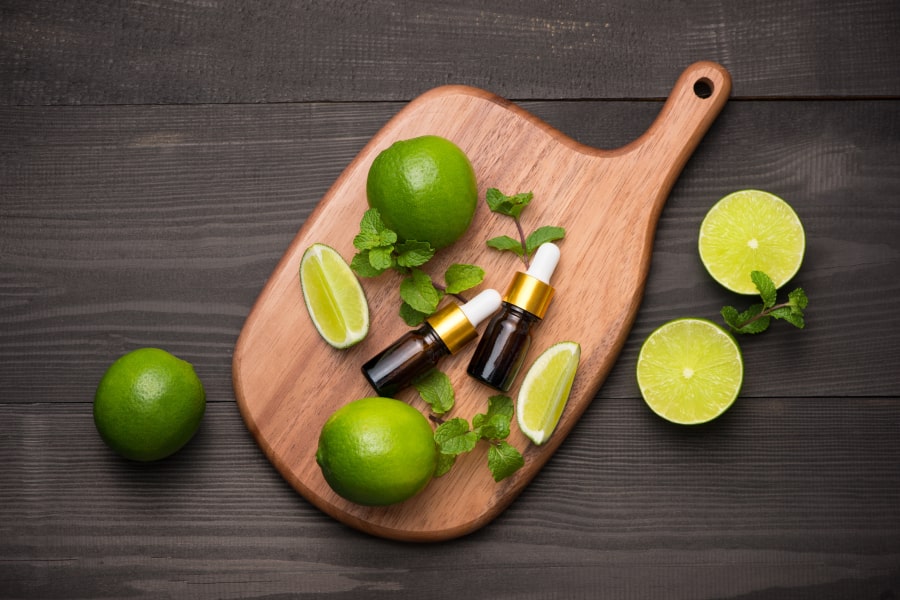
Controlling Blood Glucose
Bergamot has been demonstrated to lower blood glucose levels by between 15 and 25%, which is beneficial for individuals at risk of developing diabetes, including those with pre-diabetes and metabolic syndrome. According to research, bergamot juice can activate the AMP-activated protein kinase (AMPK). AMPK controls the metabolism of fatty acids and glucose and is a key energy regulator.
Decreases Pain and Inflammation
Bergamot oil contains linalool and carvacrol, compounds that reduce inflammation and pain. In 2017, both compounds inhibited inflammation, reduced seizures, and relieved pain when inhaled or applied directly to the skin.
Stress Reduction
The release of dopamine and serotonin from the brain can alleviate depression, anxiety, and other mood disorders when bergamot (and other essential oils) is used in aromatherapy.
Helps Combat Food Poisoning
There is some evidence suggesting that bergamot, which contains linalool, may occasionally be effective at killing bacteria responsible for foodborne illnesses. Several strains of bacteria were tested on chicken skin and cabbage leaves in a 2006 study to determine how effective bergamot was at eliminating them.
Researchers found that bergamot essential oil was effective against five bacteria: Staphylococcus aureus, Listeria monocytogenes, Bacillus cereus, E. coli O157, and Campylobacter jejuni, but also mentioned the need for more research is necessary.
Improves Hair Condition
Bergamot essential oil contains an array of essential nutrients that make it perfect for all hair issues. The antimicrobial properties of Bergamot essential oil aid blood circulation in hair follicles, prevent various hair infections and contribute to collagen production. It is beneficial for bringing life back to dull, lifeless hair. The oil enhances hair texture, adds gloss, and promotes hair growth when used frequently.
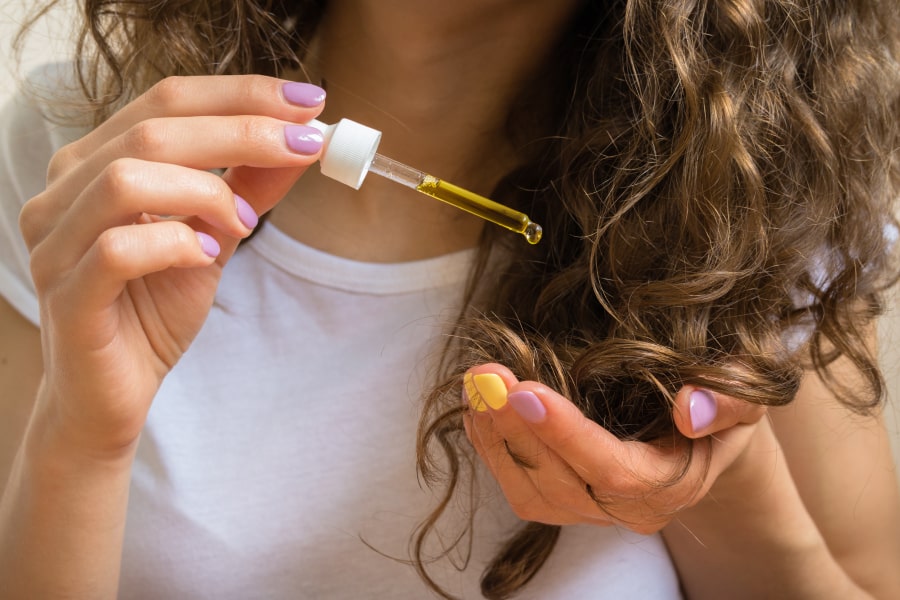
Uses of Bergamot
Aromatherapy
Locating bergamot oil wherever you purchase essential oils is relatively easy because it is frequently used as an element in aromatherapy.
As a dietary supplement
One option is to take Bergamot in capsule form as a dietary supplement, which may be a quick and easy convenience for most individuals.
To consume as a liquid you can freshly squeeze about a teaspoon of bergamot into a glass of water to water to consume in the morning .
To consume as an oil mixture combine 3 drops of essential bergamot oil with one teaspoon of consumable carrier oil, such as nut or vegetable oil. Water can also be used with the essential oil, albeit it might not dissolve as well.
Make a skin-care solution.
Bergamot oil is an effective spot treatment for acne in people who do not have sensitive skin, and its analgesic qualities may be effective against painful cysts and pimples. Apply bergamot oil mixed with carrier oil to pimples, cysts, and blackheads.
Can Bergamot be the Alternative to Statins?
What are statins?
A class of medications known as statins has been shown to reduce blood levels of low-density lipoprotein (LDL) cholesterol. According to the American Heart Association, statins can lower cholesterol by blocking a chemical that your body requires to manufacture cholesterol. Statins also aid in the reabsorption of artery-clogging cholesterol by your body.
Bergamot benefits and how it differs from Statins
It is essential to note the difference between statins and Bergamots as statins ultimately inhibit the enzyme HMG-CoA reductase, whereas Bergamot leaves the door open or dampens it. Dampening this enzyme reduces cholesterol production while maintaining the body’s natural production of CoQ10 and other hormones like testosterone, vitamin D, estrogen, progesterone, and cortisol. Maintaining your levels of CoQ10 and other hormones can prevent the adverse effects of statin drugs.
While removing many of the adverse effects of statin drugs, bergamot BPF lowers total cholesterol LDL, improves HDL like a statin, and decreases triglycerides significantly more than a statin.
Each individual’s health situation and lifestyle determine which medication is best. Bergamot is one of many natural alternatives to statin.
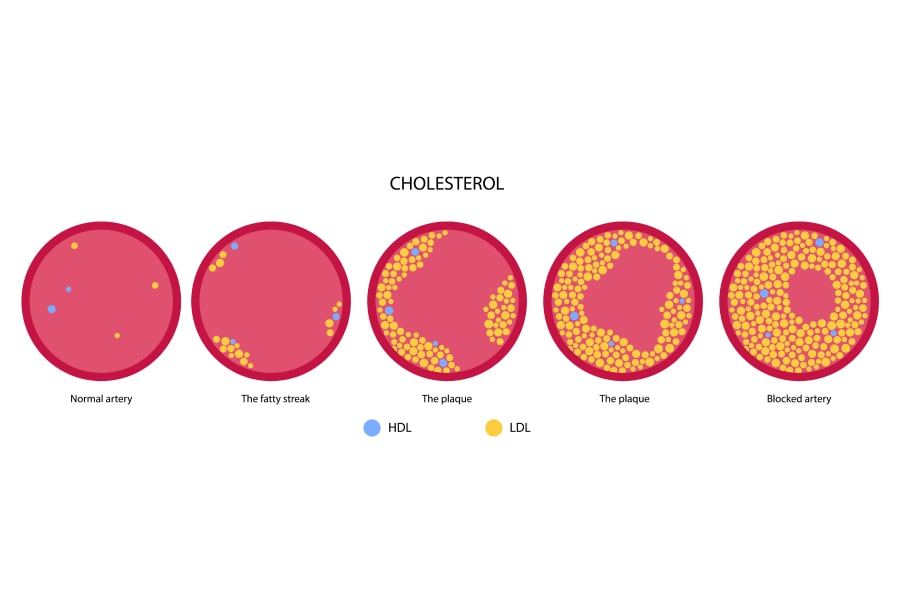
What are the side effects of bergamot?
Light side effects
Bergamot tea is generally safe to consume in moderation, but too much can create muscle cramping, jitters from the caffeine, or impair iron absorption.
Blood sugar issues
Blood sugar levels could decline if you consume bergamot. Your blood sugar may rise to dangerous levels if you have diabetes, and taking supplements containing bergamot makes it critical to monitor those levels.
Sun sensitivity
Given that it can increase your skin’s sensitivity to sunlight, bergamot oil may not be as safe as other skin care products. Additionally, it might not be safe to use as a skin treatment on expectant or nursing mothers.
Several skin problems can occur in people who work with bergamot, including blisters, scabs, pigment spots, rashes, and skin cancer.
Reactions to allergens
Bergamot oil may produce an allergic reaction like any other topical essential oil.
First and foremost, patch test. You should stop using it and get medical attention if you exhibit any symptoms of an allergic reaction, including hives, a rash, or trouble breathing. People who work with bergamot may develop pigment spots, blisters, scabs, sun sensitivity, and malignant skin changes.
Bergamot benefits lower cholesterol by reducing the amount of low-density lipoprotein in the body. This, in turn, can reduce the risk of heart disease and stroke. It may also help to improve blood sugar levels and blood pressure. Bergamot may be a good option if you are looking for a natural way to improve your cholesterol levels.



